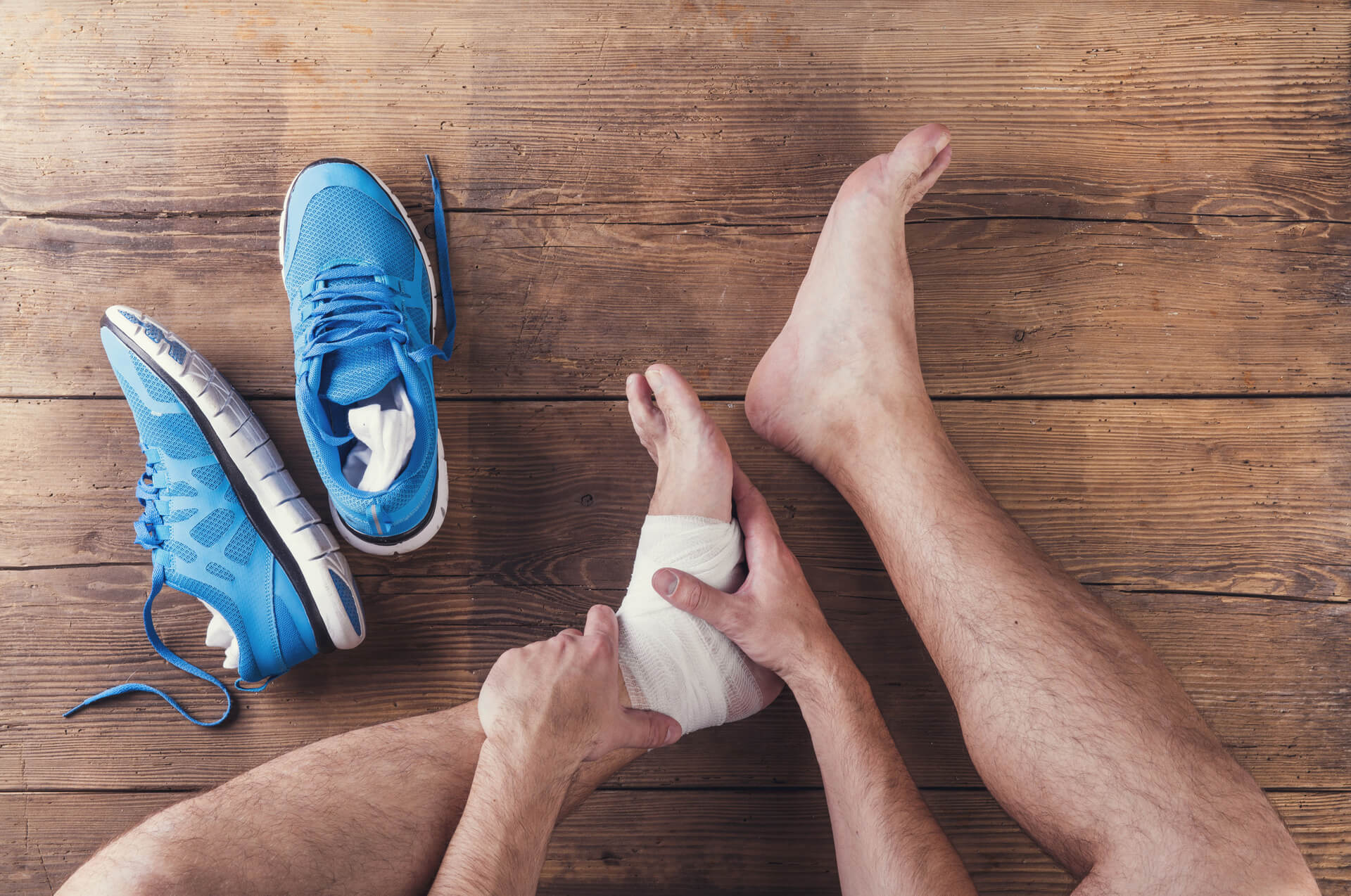Greg Diamond, Senior Musculoskeletal Physiotherapist at Lifecare Cottesloe.
So you’ve got a pain in the heel or foot that is progressively getting worse.
You notice one day some slight niggle which went away but starts occurring more and more often with greater intensity.
It’s worst when you’ve been off it for a while and go to stand up or put weight through it.
This is often especially noticeable on getting out of bed in the morning, those first few steps are agonising but gradually get easier with walking.
Congratulations, you have been admitted into the plantar fasciitis club!
This is not a fun club, this is a frustrating journey that may take time and different treatment options to resolve.
So what is it?
This is not a clear cut answer but bear with me.
The standard answer would say something like an inflammation of the insertion (point of attachment) of the plantar fascia (a thick band of connective tissue running across the bottom of the foot from toes to heel).
The inflammation may involve the body of the fascia as well.
Sometimes a bone spur digging into the fascia may be the source of the irritation or conversely the pull of the fascia on the bone may create the bone spur.

Over use may certainly contribute to the chance of having or developing a plantar-fasciitis but at times there appears to be no known contributing factor.
A clue may lie in the fact that the body has connective fascial bands that run down and around the body from head to feet and tensing one part can have an effect quite distant to the original site of tension.
Because of this it is important to consider problem areas that are not only at the site of pain.
These include soft tissue trigger points, especially in the calf, hamstrings and buttocks.
The mobility of the small bones of the foot and ankle joint should also be assessed and treated if found to be abnormal.
Often one of the overlooked tissues that provoke these types of problems are the nerves.
If the nervous system is out of whack then all parts of interesting problems can ensue.
What’s the answer?
Get a full assessment from a musculoskeletal expert!
Yes, that includes us!
In the short term:
- Wear soft soled supportive shoes during the day
- Keep a pair of slippers beside the bed to slip straight into in the morning
- Use ice to reduce inflammation
- Roll your foot over a golf ball for a deep massage effect and
- Take anti-inflammatory medication
Stubborn swelling may respond to a corticosteroid injection but save surgery as a last desperate option, even the worst of these can spontaneously resolve given enough time.
For a full assessment, book in with your local Lifecare physio.

